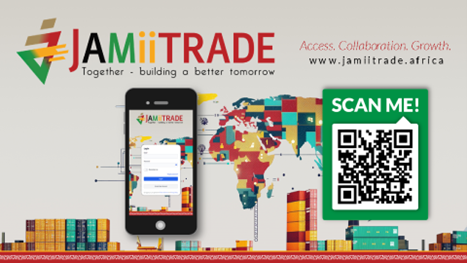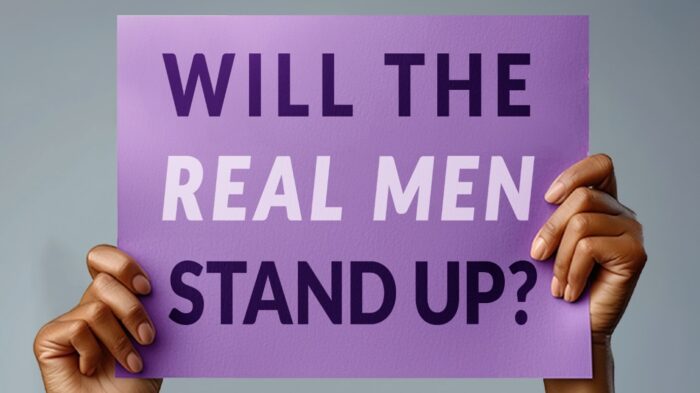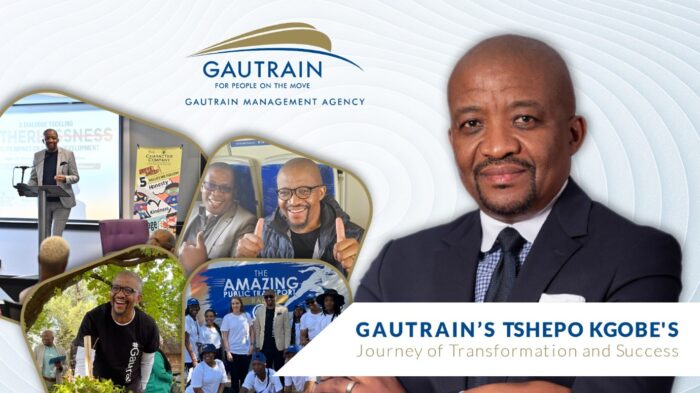A Covid-19 Silver Lining: In Africa, Purpose-Led Social Relief Is Here To Stay

The corporate social responsibility of the past is an anachronism in a COVID-19 world. The pandemic has brought new awareness that contributing to reducing social inequality needs to be part of a company’s core business strategy.
A global insurance group and a pan-African cellphone operator collaborate to enable South African clients to have free virtual medical assessments. A Kenyan telecommunications group waives fees on small mobile-money-transfer transactions and, in collaboration with a Kenyan banking group, provides relief to clients using their mobile banking app. An African bank has a payment relief plan to minimise the financial impact of COVID-19 on small businesses.
These are just a few of the COVID-19 relief initiatives offered by companies in pan-African Shared Value network Shared Value Africa Initiative (SVAI), set up to facilitate and encourage purpose-led companies to collaborate for social impact at scale on the continent.
While many corporates are offering relief during the pandemic, the social relief initiatives above stand out in three respects. First, the relief efforts of these companies – and those of others in the network – are extensions of their existing business strategies. Second, they are aimed at a dual goal of bringing relief and aiding sustainability. The relief efforts preserve existing customer bases, support suppliers or safeguard employees. And third, the companies are all part of SVAI.
This approach, a far cry from the traditional arms-length philanthropy of corporate social responsibility efforts, offers something sorely needed in so many starkly unequal African societies. That is confidence that the social impact these purpose-led companies achieve is a sustainable part of their respective business strategies. That is, it is not aimed at short-term problem-solving during the lockdown period.
One positive to come out of the devastation of the last few months is the fact that so many corporates have seen that addressing the inequality unsurfaced by COVID-19 cannot end when lockdowns across the continent have been suspended. Private sector leaders who met virtually at the Africa Shared Value Leadership Summit last month to discuss responses to the crisis said that COVID-19 had compelled them to rethink their corporate purpose and strategy, not only to respond to society’s needs but also to increase their own resilience as businesses.
Estimates vary, but there is general support for the Economic Commission for Africa (ECA)’s estimate that the crisis and required national lockdowns could wipe out as many as a third of jobs across the continent, with the region’s GDP growth slowing dramatically and close to 27 million people pushed into extreme poverty.
In Africa therefore there was no arguing with WEF Founder and Executive Chairman Klaus Schwab’s June 2020 call for a “Great Reset” of capitalism in which he argued that the most urgent reason for this need was COVID-19’s impact on economies worldwide, which would “exacerbate the climate and social crises that were already underway”.
Judging by the many companies our organisation works with on the African continent, this reset is already underway in our region. In meetings and events from Kenya to Ghana to Rwanda to Zimbabwe over the last three years, the African private sector has talked of the importance of purpose-led companies. Now during the pandemic, that conversation is translating into Shared Value network members joining governments, companies and civil society across the continent to scale up social relief.
As SVAI, our view is that Africa’s private sector should continue its social impact work after the pandemic – not as philanthropy but as a core part of their businesses. Linked to this, one result of last month’s summit was a decision to continue holding virtual meetings well after the pandemic to collaborate on social impact work – a CEO’s Forum, country working groups and a young entrepreneur’s panel were agreed on.
Shared Value companies have demonstrated their willingness to collaborate in order to achieve social impact, forming through partnership to tackle the pandemic. Most of the companies that are part of the SVAI network have partnered with different entities and organisations to bring most effective relief, with linkages that may continue post-COVID and could therefore bring future economic benefit to the companies.
Embedding Shared Value in business models could help entrepreneurs succeed at a time when among employees, customers and other stakeholders, community solidarity is in high demand.
ENDS
About the Author
Shared Value Africa Initiative (SVAI) Founder and CEO Tiekie Barnard spent 22 years in Advertising and Marketing before founding of Shift Impact Africa, a consultancy working with the private sector on Shared Value and social impact strategies. Tiekie is a member of the Enterprise Africa Network working group. Her academic achievements include an Honours in Brand Leadership and Communication (Vega School of Brand Leadership) and the Shared Value Business Management course (Harvard Business School).
About Shared Value Africa Initiative
The Shared Value Africa Initiative (SVAI) brings businesses and business communities from across Africa together with a common purpose: build ecosystems to drive the growth of the African economy. Its main objective is to build one of Africa’s most impactful business networks. The SVAI enables people to partner with and learn from others to sustainably create both economic and societal value as well as motivate and lobby for others to make the shift to the Shared Value Business Management concept to further influence change at scale. The SVAI is the regional partner of the global Shared Value Initiative, with partners in Hong Kong, India, Australia and North America.




